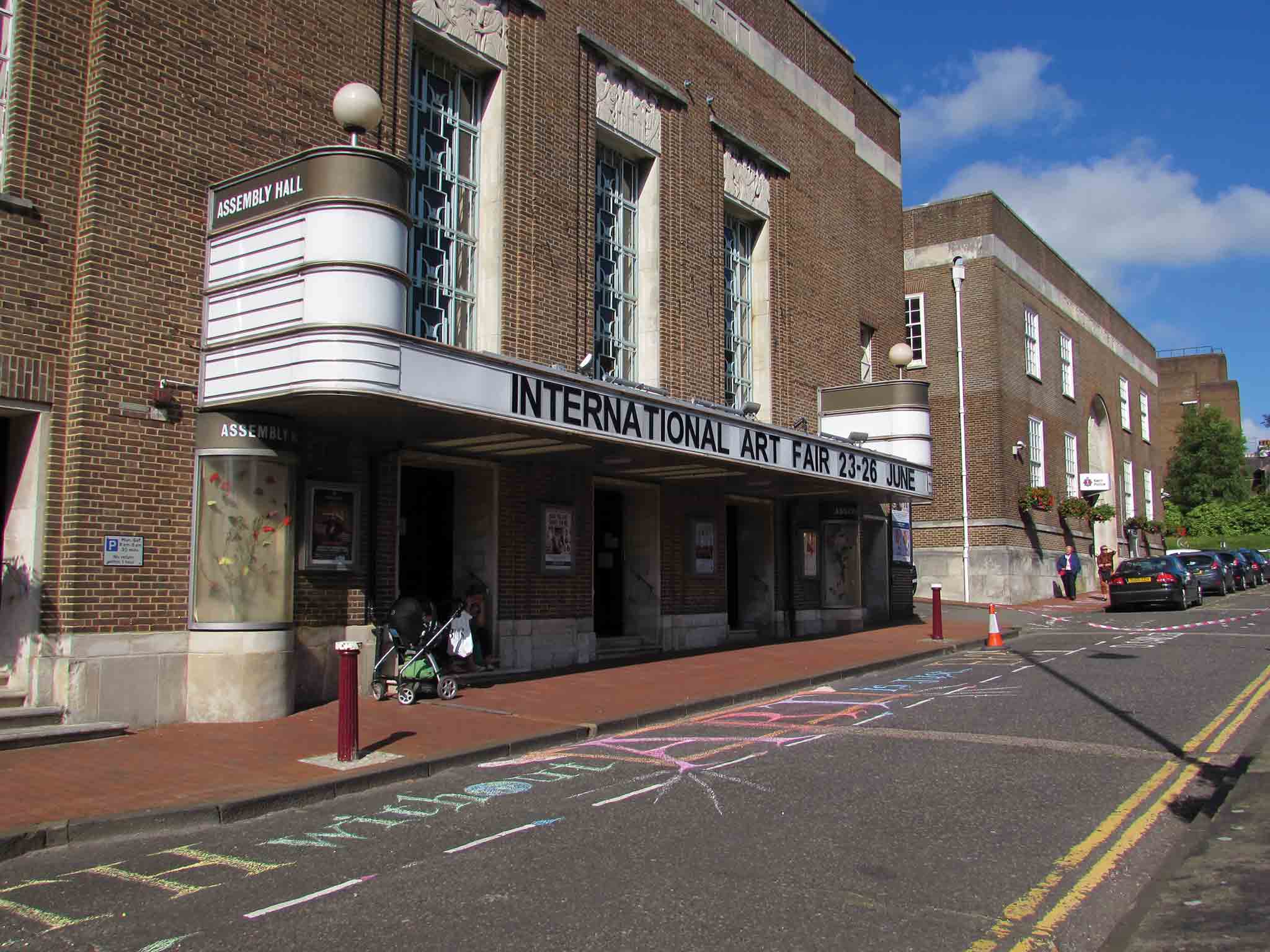The council originally budgeted to spend £250,540 to keep the theatre going in the financial year of 2018/2019. In fact taxpayers have had to spend close to twice that.
According to recent figures seen by the Times, the subsidy for the theatre reached £479,276 to April this year, with poor audience numbers being blamed.
The fate of the theatre hangs in the balance with arguments for and against spending £90million on a new theatre and civic complex in Calverley Grounds.
Those in favour of the new theatre are now likely to argue the figures show the Assembly Hall is past its sell by date and cannot support money making productions.
Those against the new theatre may argue that the figures show there is no widespread audience support for a larger venue.
The council originally predicted more than £2million would be generated by ticket sales for performances in the last financial year, but bookings were down nearly 20 per cent on their estimate with sales generating just £1.6million for the financial year — a shortfall of £341,596.
In addition to the cost of the subsidy to keep the theatre going, the council has long argued that the Assembly Hall Theatre, which was built in the late 1930s and was originally intended to be a dancehall, requires an extensive overhaul at a cost of £31million to bring it up to modern standards.
If the current subsidy continues, and the council does decide to renovate the existing Assembly Hall, the cost to taxpayers of the Crescent Road-based theatre could exceed £40million over the next two decades.
Conversely, the council argues that the proposed new theatre on the edge of Calverley Grounds would cost an almost identical amount to build.
And while the new theatre would require an increase in the current budgeted subsidy to around £350,000 a year, proponents say it could be subsidy free within six years, something they claim the Assembly Hall will never manage.
The town does already have the much smaller capacity 300-seat Trinity Theatre.
Cllr Jane March, the council’s cabinet member for culture, leisure and economic development, said nationally box office figures were strong.
She said: “Much of the increase was due to strong sales of musicals in larger, 1,200 seat and above theatres.
“The Assembly Hall Theatre has less than 1,000 seats but during 2018/19 the theatre has been able to report some good results alongside the increased subsidy.”
She continued: “The theatre management is looking at programming and bringing new shows to Tunbridge Wells although, with the theatre capacity and the well documented challenges of the auditorium and the back stage, this may sometimes mean not always getting the best deal from production companies.”
Cllr Matt Bailey, Conservative member for Paddock Wood West, said that while the Assembly Hall had ‘served the town well over the years’ the rising costs of subsidy could result in the council having to ‘close the doors’ permanently on the ageing theatre.
He said: “This problem has been developing and worsening for many years and is why the council developed plans for Calverley Square.
“The proposed new theatre will offer better facilities, attract better shows and has a very good chance of running subsidy-free.
“But if it doesn’t go ahead we’ll need to ask ourselves some difficult questions about the Assembly Hall.”
The Liberal Democrats, who oppose the building of a new theatre on the edge of Calverley Grounds said they were surprised at the increase in subsidy.
Tunbridge Wells Lib Dem Leader, Ben Chapelard, said: “This figure shows the doubling of the Assembly Hall Theatre costs to what Tunbridge Wells Borough Council has said.
“We believe a theatre is part of a thriving community.
“We need to nurture what we have got and invest.
“In our view building a £90million-plus new theatre in a park is not the answer.”
A spokesman for the Tunbridge Wells Alliance, the political party formed by opponents to Calverley Square, said the increase in subsidy spoke ‘volumes about the failure of its management and said nothing about the need for a new theatre’.








